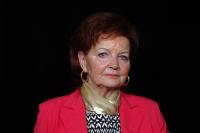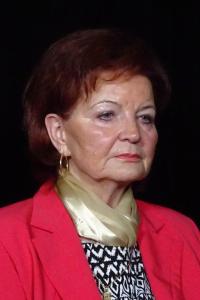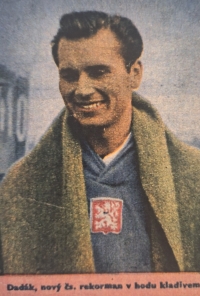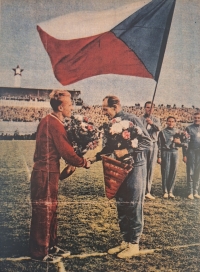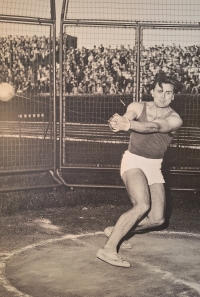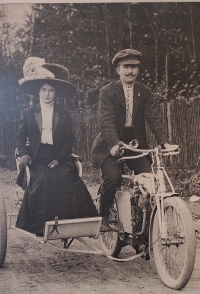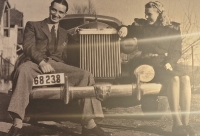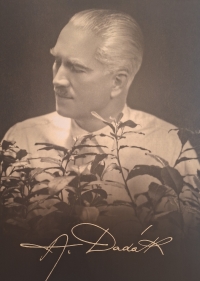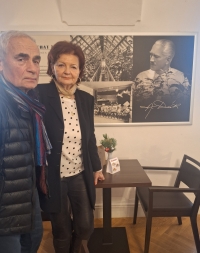Communists took everything away and turned us into second class citizens
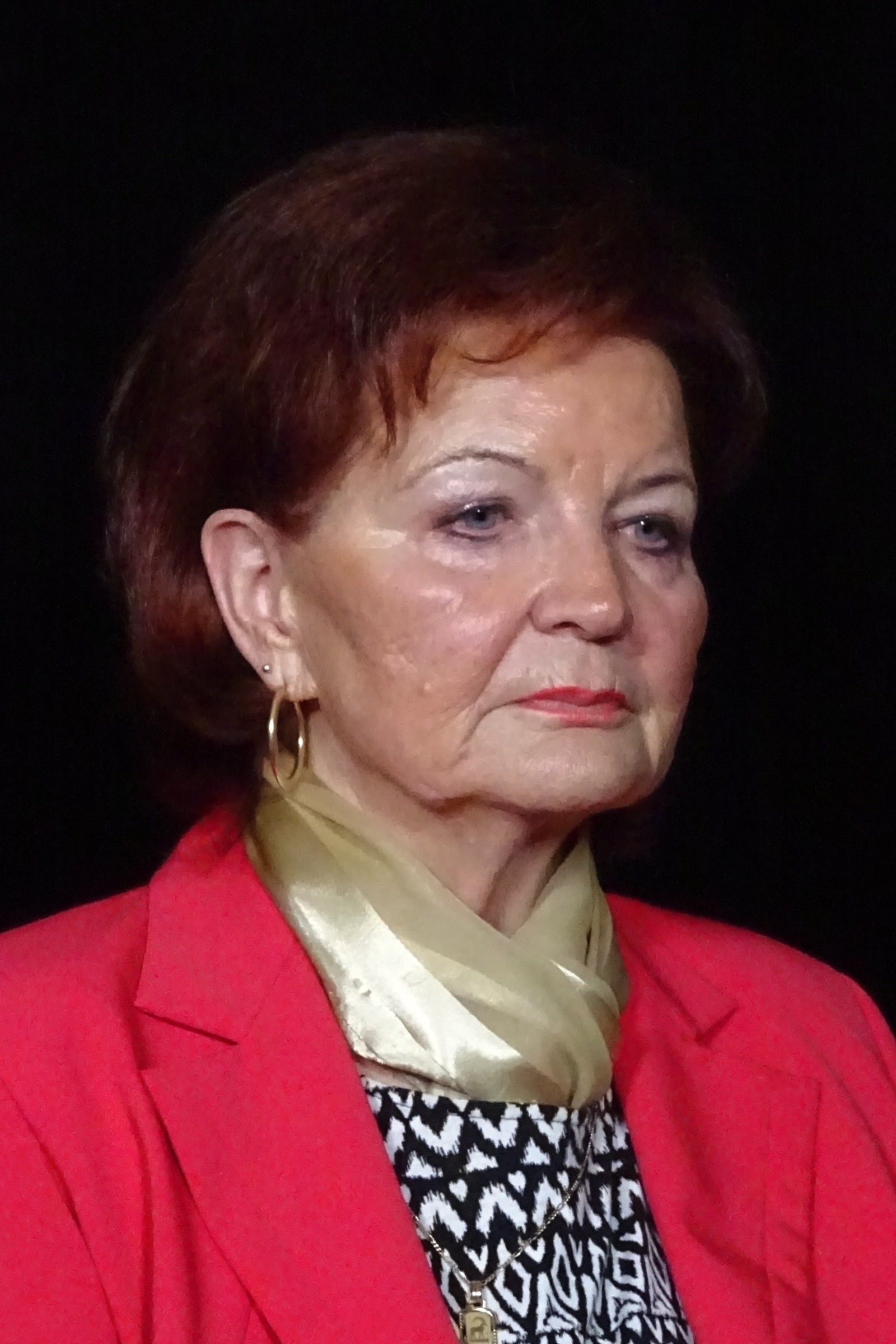
Stáhnout obrázek
Svatava Billová, née Dadáková, was born in Ostrava on 5 January 1944. Her grandfather was the founder of a coffee roasting and packaging plant in Valašské Meziříčí, a patriot and Sokol member, Arnošt Dadák. When he died, her father Arnošt Dadák Jr. took over the business. The communists nationalised the firm in 1949 and evicted the family from their villa. The father made his living as a driver and the mother was a worker in the nationalised plant. Having married Rudolf Bill, the witness moved to Rožno pod Radhoštěm, completed a university through correspondence classes and taught at a vocational school. The Dadáks got the family business back as part of restitution in 1993. They had to meet many conditions and defend their privatisation project. Due to a lack of experience and finance, they joined forces with a foreign company and sold the business to it. The Dadák coffee brand was retained.
